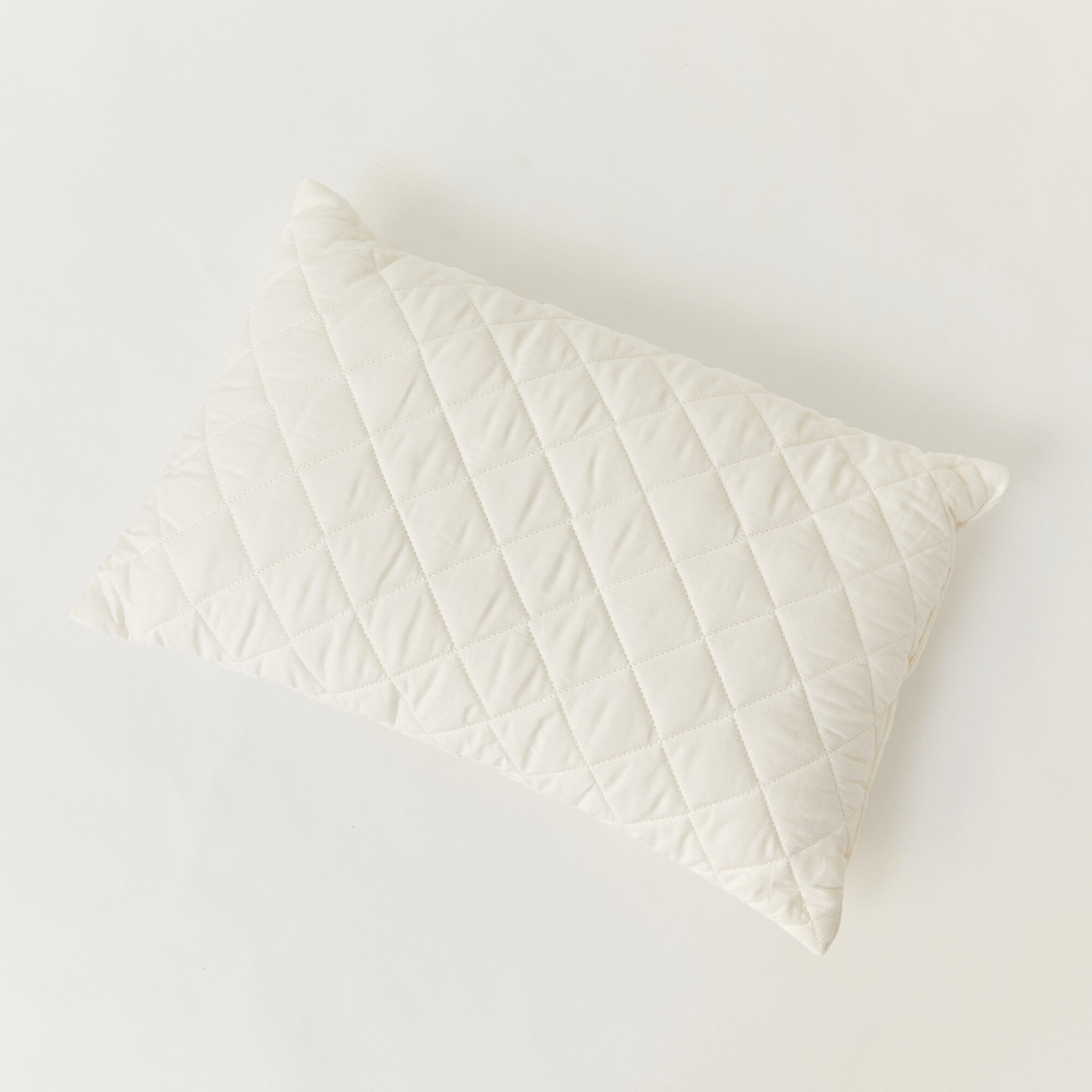Why Organic Cotton Is Better

We’re on a bit of a mission here at Kabode, we are trying to make some change in the world, to make it a better place for our children and yours to grow up in. As a small business we can’t end climate change or stop all pollution, but we can ensure that everything we do is as kind to the planet as possible. We do this in little ways every day, but the biggest decision we made was to make sure our products are made of organic materials.
When we set out to develop a range of children’s bedding, we had a whole world of fabrics to choose from. We did our research and decided that organic fabrics were by far the best choice to create our entire range from. It may seem a bit redundant to worry about the organic credentials of fabric, after all, we don’t eat it, most of it doesn’t come from animals, so why does it matter? But there is much more to it than that. We are going to cut through the greenwashing and explain why organic fabric is important to us at Kabode, and give you all the need to knows without any waffle.
There’s a whole lot of fabric in the world!
The global textile industry is estimated to be worth 1000.3bn USD. Textiles are used for so many things, in so many ways, can you even imagine how much fabric is woven every day around the world? Literally miles and miles of cotton is spun and made into rolls of fabric every single day. The impact of all that production is huge, requiring thousands of farmers, millions of acres of land, tons of crop as well as all the textile factories and workers within them making it all happen. We need to choose to use cotton that is not negatively damaging the environment so that more and more of the fabric is grown and produced organically.
Think of the farmers

Growing cotton, bamboo and other crops destined to go into the textile industry supports many farming families around the world. Farmers who look after their land organically can reap the benefit of pesticide and chemical-free soil by growing other crops alongside their main cotton crop to diversify their income and feed their families.
Less toxic chemicals in the earth and water
Modern farming makes use of toxic chemicals to keep pests and diseases under control and maintain a healthy crop year after year. Whilst this might help to ensure the crop grows unhindered, it also destroys the natural ecosystem of the area, killing vital insects, pollinators and healthy plants as well as permanently scarring the soil.
Organic farmers avoid using toxic pesticides, insecticides and chemicals and instead use traditional methods to control pests and disease, such as crop rotation and encouraging a healthy population of predators such as birds to take care of insects. This creates a healthy ecosystem that supports the crop but also the wildlife and local people. Organic farmers are able to grow different crops side by side, which can keep weeds and pests under control, as well as produce food for the family.
Save water for drinking

In some areas of the world, farmers have to choose between drinking water or irrigating their crops. Cotton is thirsty, and growing it can use a lot of water - growing enough cotton to make one non-organic T-shirt can use 2,700 litres of water! Much of the cotton we wear and use is grown in areas that suffer droughts, causing health issues and even death for people in the local community, so having to choose between water to drink or looking after the crop that is your only source of income is an impossible choice.
Organic cotton is grown in a way that saves water. Rainwater is used to feed the crop and water doesn’t have to be extracted from the ground, so it can be preserved for people who need it.
Better for the climate
Organic plants emit fewer greenhouse gases than non-organic plants, and the soil beneath them stores more carbon, which helps to combat climate change. As this is a such a big topic for us and will be even more so for our children’s generation, it’s smart to make any choices we can right now to slow climate change.
Better for you and your child
Many fabrics are coated in toxic chemicals, either from the chemicals used in farming the raw material, or from production and finishing techniques designed to make the fabric feel softer and silkier, or to hold a particular shape, or to give it bright colours. These chemicals are still in the fabric when you put it on your bed or your body.

Kabode bedding is made from GOTS certified organic cotton. This stands for the Global Organic Textile Standard, and any fabric with this certification will be free of toxic chemicals, having been grown and manufactured organically. Organic cotton is hypoallergenic, kind to sensitive skin and suitable for babies and those with eczema and other allergies.
So with all that in mind, we hope we’ve given you some food for thought next time you’re shopping for textile products! Whether it’s bedding (Kabode, of course), clothing or home decor, you can change the world by choosing organically grown fabric. The more consumers buy organic, the more farming will be done this way and the more products will be produced to organic standards, which is better for the farmers, better for the world, and better for you, win win!
